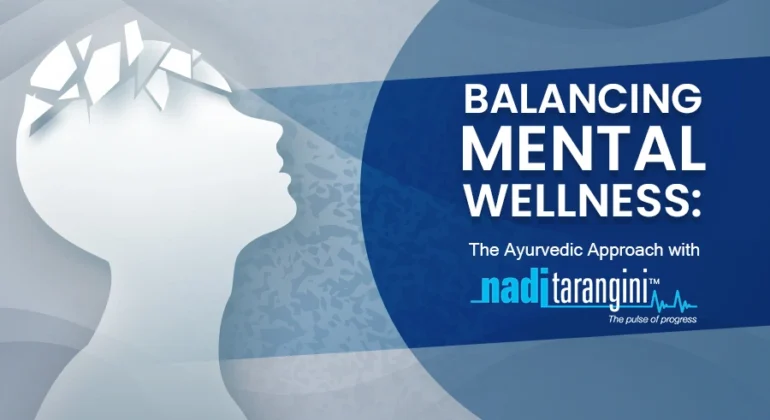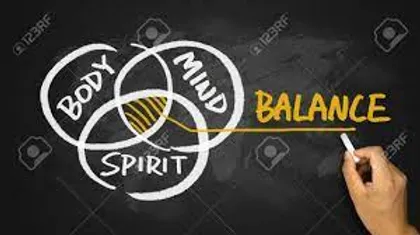Knowing Your Dad: The “Yes Man”
Quote: A good father is one of the most unsung, unpraised, unnoticed and yet one of the most valuable assets of society – Billy Graham With the fast-changing world, today’s fathers are changing and adapting to the changes very fast. From helping in the kitchen …
Always Say “ All is well”
Most of us have watched the movie “3 Idiots” which revolves around 3 friends. Movie is namakin mixture of all emotions like fun, care, valuing, achievements etc. When we carefully observe, the basic negative shade reflecting through the main movie character is “stress”. The shades …
Concept of Clean Eating
Eat To Nourish Your Body Clean eating encourages you to consume more whole foods such as fruits, vegetables, lean proteins, whole grains, and healthy fats. You must avoid or limit highly processed snack foods, sweets, and other packaged foods. Minimum processed, easy to digest and …
Make your Mental Health a priority by connecting with Turyaa
3 idiots, the movie Is a perfect blend of all emotions. On top of it, all the characters from the movie teach us many life lessons in an interesting manner. Most of the lessons are associated with psychology and mental health which are much-neglected health …






